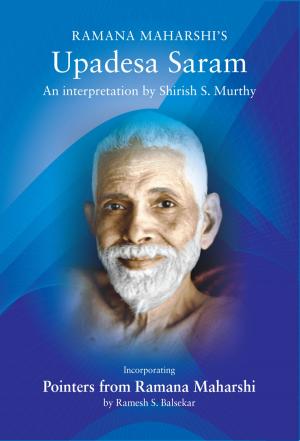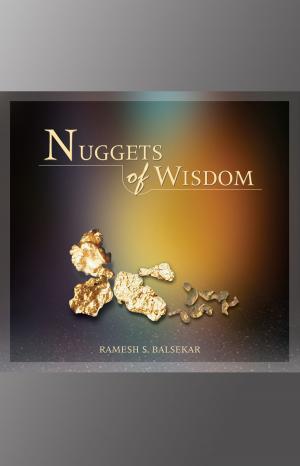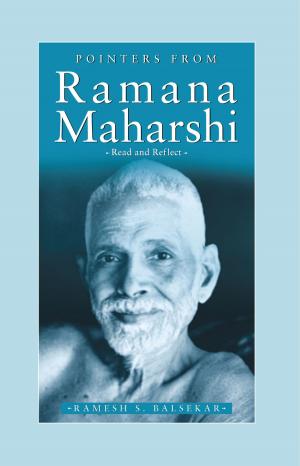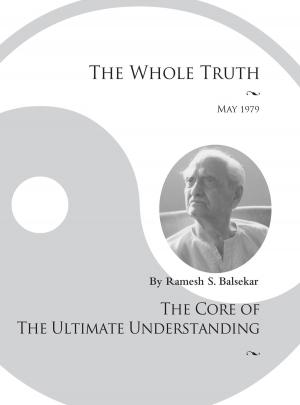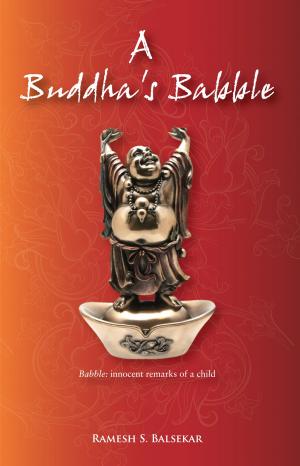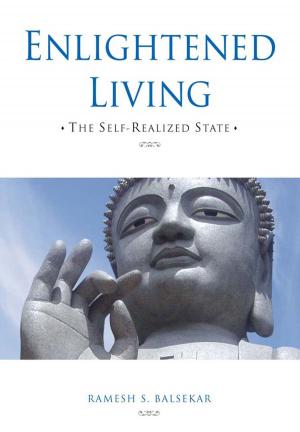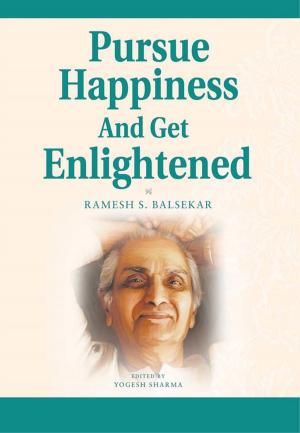The Relationship Between 'I' and 'Me'
Nonfiction, Religion & Spirituality, Inspiration & Meditation, Spirituality, Philosophy| Author: | Ramesh S. Balsekar | ISBN: | 9789384363390 |
| Publisher: | Ramesh S. Balsekar | Publication: | January 30, 2015 |
| Imprint: | Smashwords Edition | Language: | English |
| Author: | Ramesh S. Balsekar |
| ISBN: | 9789384363390 |
| Publisher: | Ramesh S. Balsekar |
| Publication: | January 30, 2015 |
| Imprint: | Smashwords Edition |
| Language: | English |
You cannot have an 'ego' because you are the ego: Consciousness identified with a name and form as a separate entity. The sage responds to his name being called; therefore, the sage has an ego. The ordinary man also responds to his name being called. What is the difference between the ego of the sage and the ego of the ordinary man? That is the core question. The answer is that in the ego of the sage the sense of personal doership has been totally annihilated: he knows that he is only a psychosomatic apparatus through which the Primal Energy functions and brings about whatever is supposed to happen according to the Cosmic Law. The ego of the ordinary man is impregnated with the sense of personal doership. The ego of the sage is totally free from the burden of pride and arrogance for his good actions and guilt and shame for his bad actions, whereas the ego of the ordinary man carries the burden of guilt and shame for his own actions and a heavier burden of hatred for the others for their actions which have hurt him. In the words of Ramana Maharshi, the ego of the sage is like "the remnants of a burnt rope."
You cannot have an 'ego' because you are the ego: Consciousness identified with a name and form as a separate entity. The sage responds to his name being called; therefore, the sage has an ego. The ordinary man also responds to his name being called. What is the difference between the ego of the sage and the ego of the ordinary man? That is the core question. The answer is that in the ego of the sage the sense of personal doership has been totally annihilated: he knows that he is only a psychosomatic apparatus through which the Primal Energy functions and brings about whatever is supposed to happen according to the Cosmic Law. The ego of the ordinary man is impregnated with the sense of personal doership. The ego of the sage is totally free from the burden of pride and arrogance for his good actions and guilt and shame for his bad actions, whereas the ego of the ordinary man carries the burden of guilt and shame for his own actions and a heavier burden of hatred for the others for their actions which have hurt him. In the words of Ramana Maharshi, the ego of the sage is like "the remnants of a burnt rope."


